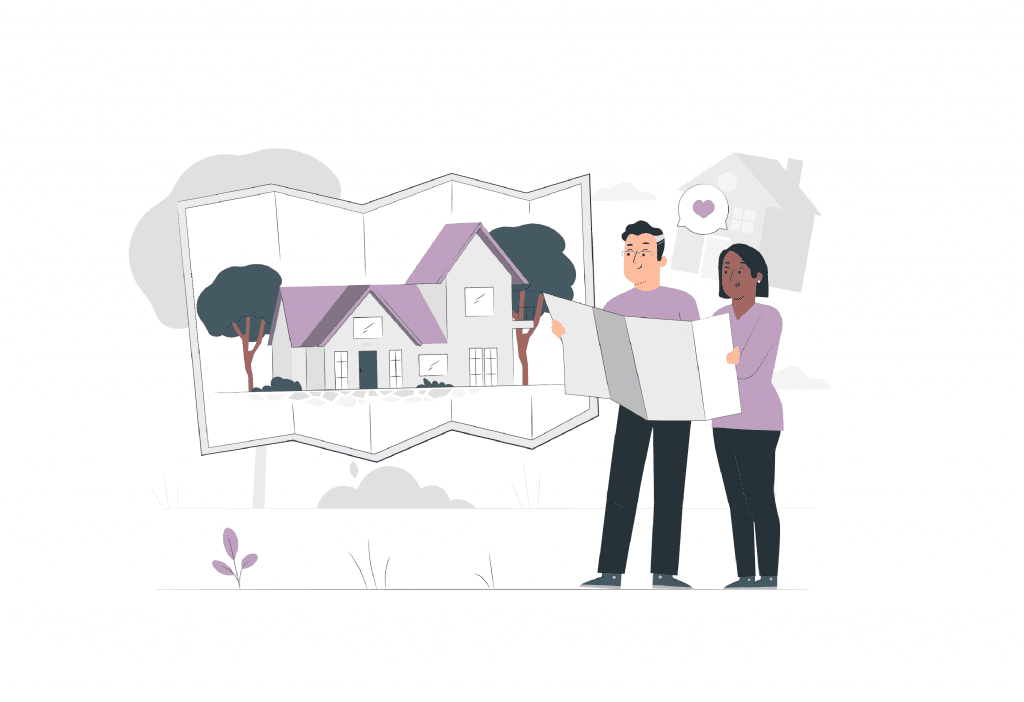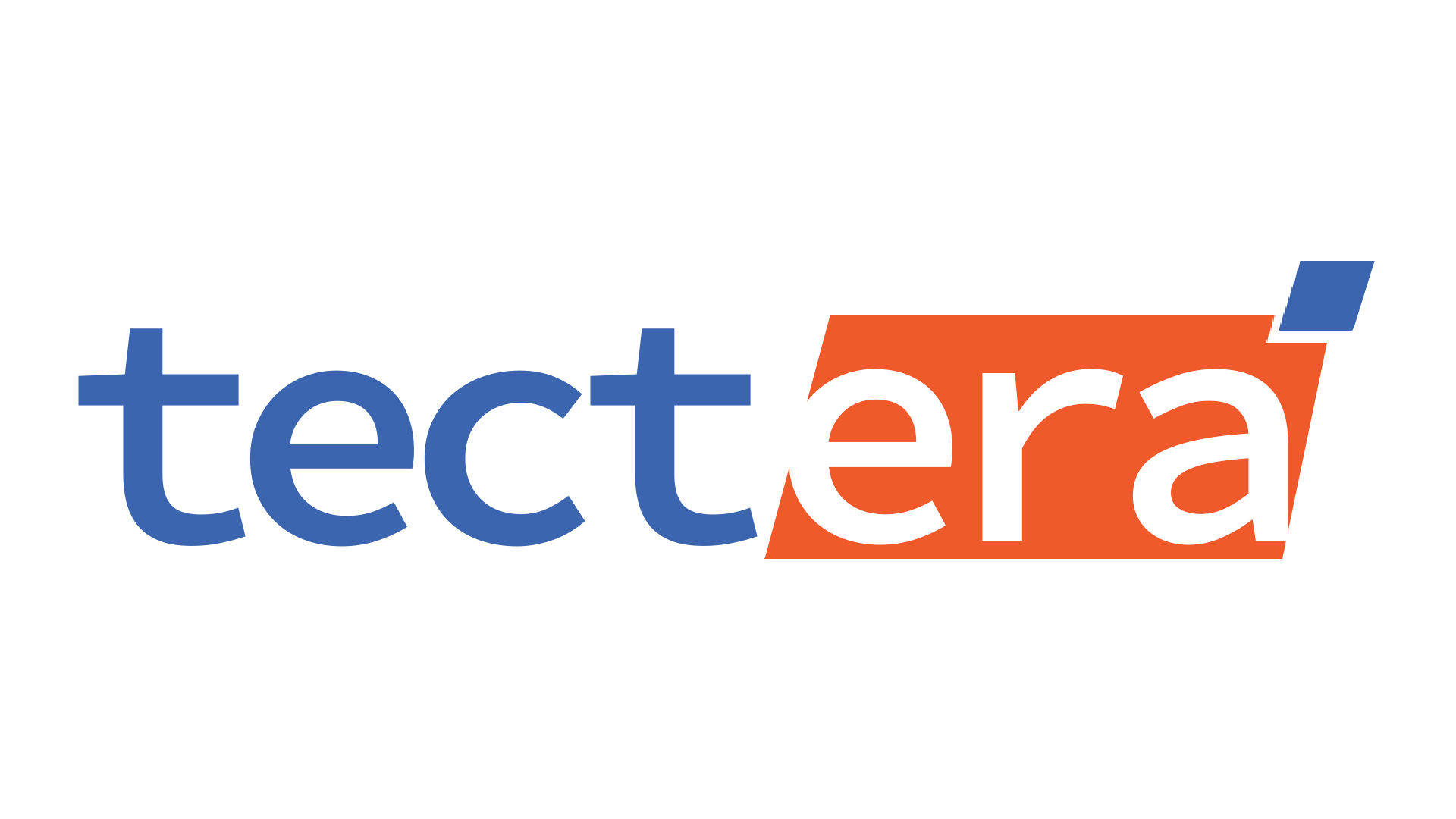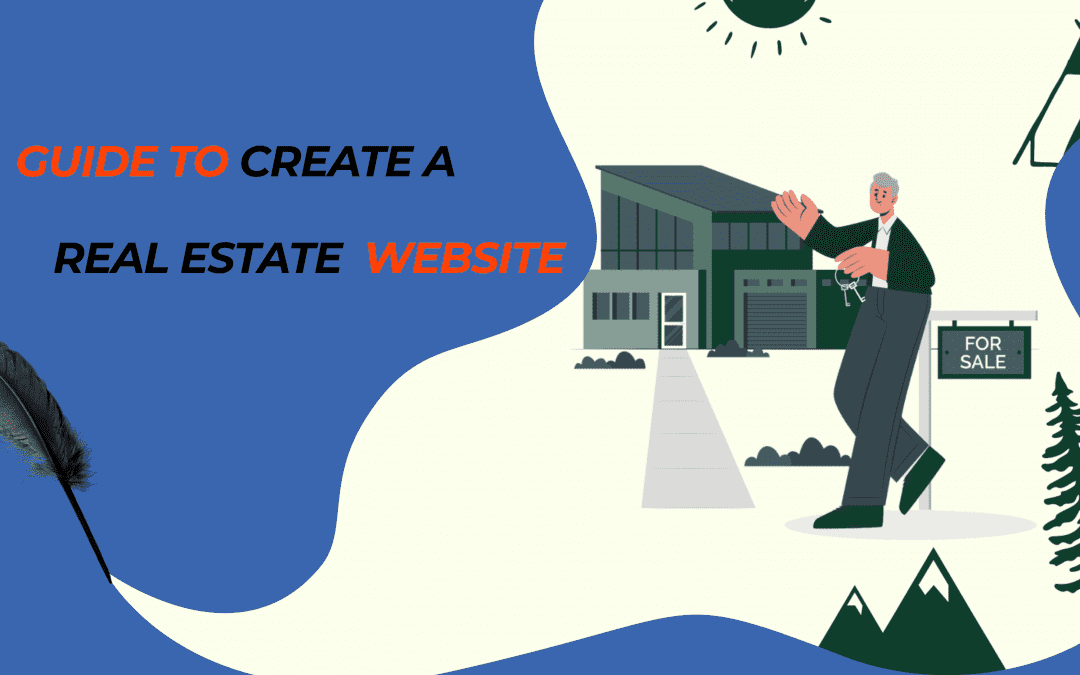The real estate industry may be both profitable and competitive. Using a professional real estate website to set yourself apart from your competitors may be on your wish list, but it can be difficult to start. However, a great web design is within your grasp. Combining WordPress with the power of page builders and other plugins, as well as partnering with the right website developers in Sri Lanka, can make achieving your goals much easier.
In a nutshell, your real estate website should be a powerful promotional asset for your company, attracting buyers and sellers with high-quality photographs and useful information. A good real estate website may help you attract qualified leads and streamline the sales process, which can help you expand your business.
Types of Real Estate Websites
Promotion Promotion Website
Many property agents began developing a real estate web design for themselves. It’s a place where they can really advertise their company, post property offers, and schedule consultations as the digitization era progressed. This type of property location hasn’t altered in a long time. The utilization of UI and UX design is the only thing that has changed. Promotional sites got easier to use and browse because of UI and UX design. Your website’s design must be mobile-friendly in order to achieve better commercial results.
Property Listing Website
A property listing site is a website that allows people to search for homes for sale or rent. A property listing site, unlike a real estate marketplace, normally does not allow you to advertise your home without using an agent. Property listing sites were the first websites where multiple agents, not simply those affiliated with a single organization, could list a property. Buyers or renters can search through listings on the property listing site to find a suitable property and view information, request a tour or contact the property owner.
A multiple listing service (MLS) is a system that allows brokers, agents, and marketing firms to go to the available real estate business opportunities on the market. IDX, an agreement between selling and buying agents to promote multiple listing service properties online and across numerous business platforms, can be used to connect this system.
Real Estate Marketplaces
The real estate marketplace serves as a platform and a middleman between landlords and tenants, as well as purchasers and renters. It is a more advanced web design that allows both providers and customers to use a web platform without restrictions. Property owners can use an online web calculator to estimate their property value and attract consumers by listing their estate on the site. Customers, on the other hand, can look for a place to rent or buy, as well as browse property images, floor plans, and descriptions, as well as statistics and information about the neighborhood.
Property Management Websites
A property management website allows property owners to manage their properties and customers, such as renters and buyers, as well as make automated clearing house payments. This web design also allows business owners to keep track of their finances, schedule tenant screenings, and create logins for both renters and owners. Residential and commercial properties can be the subject of property management websites.
This type of real estate website comes with a lot of features. If you want to establish your own property website for managing properties, it should include Accounting, reporting, lease renewal workflow, a system for monitoring rent payments, property upkeep, automatic tracking of insurance policies, and other elements.
Real Estate Investing Websites
You should be aware that real estate is still one of the most profitable business investment opportunities. It generates passive income for investors and is a relatively safe long-term investment. Many people are drawn to the sector because of this potential.
As a result, there is a growing need for online web property investing platforms. Business investors can use these websites to join in equity investments, identify property that is under construction, and find properties at a discounted price owing to a variety of concerns.
Real Estate Aggregators
A property aggregator is a website that gathers information from several sources and presents it in one place. One of the most convenient ways to find a property to purchase or rent is to use an aggregator. Property aggregators, like every other real estate website, include filters.


Steps to Create a Real Estate Website
1.Choose Your Domain Name
The first step in creating your own website, whether it’s for real estate or not, is to choose a good, relevant domain name. Visitors will be able to reach your website using your domain name. You should aim for a domain name that is both related to your sector (real estate) and helps you differentiate yourself as a brand. Unless the numbers in the domain name make sense, avoid domains with digits or hyphens.
We’re aware that the extension. realtor has generated considerable buzz, as it appears to perfectly represent the real estate sector. However, keep in mind that most individuals, including potential consumers, are only familiar with the.com extension. It’s extremely possible that you’ll lose customers since they type.com instead of. realtor in their address bar. Despite the fact, that.com has considerably fewer alternatives than. realtor, you should go with the former unless you’re certain that moving with the latter will be beneficial to you and will not make it difficult for your clients to find your website.
2.Choose your web hosting plan
Once you’ve chosen a solid domain name for your real estate company, you’ll need to purchase a hosting package to host your website on the internet. Because most real estate websites will not receive tens of thousands of visitors. A quality, dependable shared hosting solution could be sufficient for your purposes.
All of the files that make up your website will be stored on the hosting plan. WordPress and the add-ons can be installed n your hosting server. What’s nice about WordPress hosting is that it’s designed with WordPress performance, security, installation, and onboarding in mind. There are a lot of WordPress hosting to pick from, and there are a lot of things to think about while making your decision.
There are a variety of hosting plans available. It ranges from low-cost shared hosting to higher-priced managed WordPress hosting and luxury dedicated servers. After you’ve signed up for your hosting plan, you’ll receive a welcome email with all of your account’s information. To get into your hosting account, go to the login link and enter your username and password.
3. Installing WordPress
Unless you’re a seasoned real estate agent with very specific, specialized requirements that require one of the more traditional CMS alternatives, WordPress will be your best bet. It is not only the most user-friendly CMS for real estate web design, but also for any other form of web design. It’s also the most effective way to optimize your site for search engines. WordPress also provides a great deal of versatility, allowing you to personalize your site to a large extent without having to touch the code in any manner.
WordPress is also the most beginner-friendly CMS available, so if you’re constructing your first website, it’s a no-brainer. Above all, WordPress has a variety of plugins that make creating a highly functional and professional real estate website a breeze. It takes a lot of the stress off of managing your real estate website. This can be a difficult task otherwise. Log into your hosting account’s cPanel and scroll down to the CMS settings to install WordPress. Click WordPress, enter the required basic information, and then click Install. In less than a minute, WordPress will be installed on your website.
4. Picking a Real Estate Theme
It might be difficult to create a professional website that stands out. There is a lot of information related to property postings. As a result, you’ll need to pay special attention to the theme of your web design. It’ll be your best chance to polish up your web design and categorize your properties. With that in mind, starting with a real estate-friendly WordPress theme is a great place to start. However, when they request you select a theme during the installation. You can pick any random theme now because you’ll be able to modify it later once WordPress is installed.
All you have to do is hover your mouse over the Appearance menu on the left and select Themes. Then click “Add New Theme,” which will lead you to a screen. In there you can search for themes and install the one you want. Now, when creating a real estate website, type “real estate” into the search bar. Then press “Enter.” This will instantly bring up a list of dozens of real estate-specific themes. Choose one that appeals to you, but make sure it is professional enough to represent a real estate firm.
However, real estate theme websites like ThemeForest are a better alternative. They are far more advanced than the simple ones found on WordPress.
5. Customizing the template kit
The next step is to set up Elementor. It’s a visual website builder that makes the process of creating a WordPress website much easier. WordPress may be an intimidating platform that \looks too complicated to use on your own at times. You can, however, design your site fast, efficiently, and comfortably by using a visual site builder. Go to Plugins > Add New on your WordPress dashboard. Install Elementor Website Builder by searching for it. After you’ve installed Elementor, click Activate.
You can use the drag-and-drop editor to adjust every part of the web design and layout to suit your needs. Once you’ve downloaded and installed Elementor and the theme. You get complete control over the logo, colour scheme, navigation links, website copy, and any other feature. Elementor widgets can also offer unique functionality to your website, such as a custom “contact us” button.
6. Select Helpful Plugins to Enhance Your Site
Plugins are useful for increasing your website’s functionality. You might want to check into various plugins to help you create your site in order to manage your property listings and appeal to property buyers. The Estatik Real Estate Plugin is one worth looking at. Many significant critical elements, such as saveable searches and property wish lists, are included in Estatik. There are also a variety of widgets available, as well as a search function that may be customized, information request forms, and slideshows.
There are both free and premium versions of this plugin. The $89 premium plugin adds extra features such as agent support, private fields for admins and agents, and subscription plans with PayPal payment options. Easy Property Listings, on the other hand, is worth a try if you’re searching for a low-risk plugin that’s easy on the wallet.
7. Set Up Your First Listings
You’re now ready to post your first listings on the internet. It’s a good idea to keep some listing best practices in mind while doing this. For example, you’ll want to pick your adjectives carefully and focus on showcasing each property’s distinctive attributes. In one listing, for example, the ceilings “soar,” the guest bedroom is “charming,” and the pool is “sparkling.”
It takes practice to come up with a catchy headline and write descriptions that do each property due. However, the time and effort you put in now will pay off in the form of more visits and conversions in the future.
8. Publish the website
When you’re entirely satisfied with your website’s design, layout, and functionality, it’s time to go live. Your website should be up and operating at this stage. It looks and performs like a professional real estate website that can be customized in a variety of ways.
Finally, you can list your site in online real estate directories, build social media profiles for your site, and send out a few press releases to gain some early interest. Of course, you’ll want to take it a step further by designing and implementing effective SEO methods and conducting extensive keyword research.
Contact Tectera for web design in Sri Lanka.


Editorial Staff at Tectera are experts on web design, SEO, social media and other digital marketing channels.





